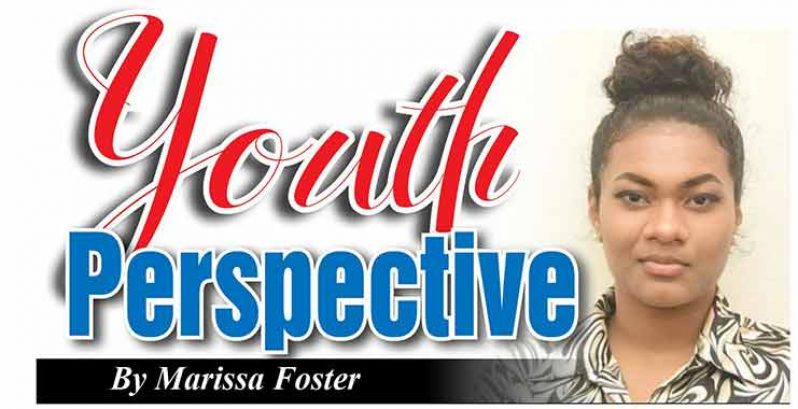PRESIDENT of the University of Guyana’s Law Society, Delonté D. De Clou has disclosed that, “We are not at all emancipated entirely from slavery systems. Take a look at Guyana, elucidated through our tribalism when it comes to politics. That is the oppressor’s playbook of divide and conquer.”
The word emancipation means the fact or process of being set free from legal, social or political restrictions; liberation. Slavery was abolished in Guyana and the rest of the Caribbean on this day, exactly one hundred and eighty (180) years ago. August 1st is known as Emancipation Day, synonymously, others may call it Freedom Day. The irony in the latter phrase pinched nerves of mine, I never thought I had; Are we really free?
Slavery depicted an imagery of Africans shaking hands with the word inferior. We are no different from our ancestors who wore chains and were held captive. Our minds still carry savage prisons. Subsequent to physical enslavement in the early 1500s to mid-1800s, mental enslavement has been inherited by many generations. Mental enslavement umbrellas a wide scope of issues we still face. It fostered the way for colourism (prejudice or discrimination against individuals with a dark skin tone, typically among people of the same ethnic or racial group), approval and acceptance, beauty standards, economic instability and much more.
Today is focused on gratitude towards those who were here before us, those who have fought for our physical freedom and sovereignty. We can repay their efforts by focusing on ourselves and our mental liberation. Mental enslavement actively encourages loyalty towards the slave master. It is evident in the way we view the lack of Western help or involvement as hopelessness, in the way our Guyanese-Creolese seem inferior to standardised English, the way in which we trade in our Dashikis for a suit and tie and, even the way in which some of their laws are still governing our ‘Independent’ country.
Marcus Garvey could not have vocalised it any better, ‘The man who is not able to develop and use his mind is bound to be the slave of another man who uses his mind.’ An ideal example of mental enslavement in Guyana follows that of our beauty standards. Why is there still a need for many of us to use skin-lightening beauty products? Or why is there a dominant, standardised beauty preference for the lighter skinned? Notably, it is the same mentality slave masters used on our African ancestors.
The lighter in complexion you are, the more beautiful you are. Many racist extremists even used their God as a reference. ‘The lighter you are, the closer you are to God.’
Ray Marcus Persaud, another fellow Guyanese youth expressed his thoughts on this topic, “I feel as if we’re not mentally emancipated from the system, even though slavery was abolished quite some time ago. It seems like it’s a scar imprinted on us. More like, post-traumatic stress disorder, where something horrific happens and then it’s stuck forever. It repeats itself again and again; every single time someone is discriminated. Discrimination was originated from slavery, and up until today, it is still growing. I believe it’s mutualism. Today, slavery is ‘dead’, yet discrimination still lives. Discrimination adapted and survives without slavery. It is an independent tree. Yes, we might have tried using many axes to cut down that tree, but it’s too slow and certainly too tiring. Even if we did manage to bring down the tree, there still are the roots in the ground, and those won’t ever go away.’’
Slavery robbed Africans of their identity; leaving them without a name, title, status and most importantly their humanitarian rights. For me, I think the definition of Emancipation should include all aspects of a free reality. The enslavement of Africans, paved the way for European superiority in wealth, education, social status, culture and many more. This stifled the growth of African generations to present day.
However, today is a day worth celebrating, after many years of barbaric oppression. We should do so with a side note of who you are, where you came from and where you would like to be in the future. Let us not allow the blood, tears and sweat of our forefathers fade into the wind. It is about time we reflect on ourselves. Harriet Tubman said, ‘I freed a thousand slaves. I could have freed a thousand more if only they knew they were slaves.’ It begins with oneself.
Happy Emancipation Day.












